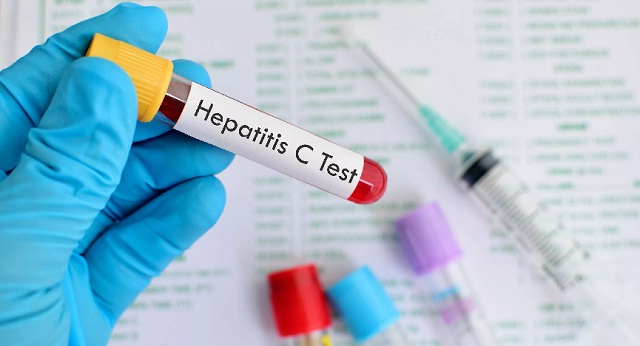
Kampala, Uganda | THE INDEPENDENT | A number of African countries are falling short on their commitment to eliminate Hepatitis, according to a scorecard examining the prevalence and response of African countries towards eliminating the disease.
The scorecard that will officially be released during the first African summit on Hepatitis today, indicates that only three out of 47 countries are on track to eliminate the disease. A handful of countries have also been able to meet that 2016-2020 Action framework on prevention, care and treatment of Viral Hepatitis on the African Region.
The action framework tasks all countries to formulate strategic plans on ending hepatitis, introduce a birth dose of hepatitis B vaccine and provide treatment for both hepatitis B and C by 2020.
The analysis shows that 28 countries have developed a national hepatitis strategic plan for viral hepatitis but only 13 have officially published and disseminated them.
Dr Matshidiso Moeti, the WHO Regional Director for Africa says the scorecard is the first to track each country’s progress towards saving the lives of more than two million Africans who are at risk of developing hepatitis.
“This analysis is the first to track each country in the region and to assess progress towards the goal of saving the lives of more than two million Africans who may develop progressive hepatitis B or C liver disease in the next decade if countries fail to ramp up their efforts.”
The card shows that only seven countries on the African continent are leading in national prevention efforts like vaccination at birth and nationwide screening to enable people know their status. It also shows that there are major gaps in hepatitis testing and treatment with less than eight countries providing subsidized testing and treatment for viral hepatitis.
According to WHO global statistics, hepatitis is becoming a bigger threat than HIV, Malaria or TB with one in every 15 people in the region being infected with the disease.
Every year more than 200, 000 people in Africa are dying from complications of viral hepatitis B and C-related liver disease, including cirrhosis and liver cancer. It is estimated that at least two million people are infected with hepatitis compared to 1.3 people living with HIV.
The report shows that Uganda and Rwanda are some of the few countries that are on track to reach the 2020 Framework targets for testing and community awareness. Uganda has started free nationwide hepatitis B treatment, and Rwanda is providing free treatment for both hepatitis B and C.
In 2015, Uganda launched a hepatitis B screening programme. More than four million people have been screened. According to Dr. Moeti, Uganda’s performance exceeds set targets.
“Uganda has superb lessons to share, and we support these important exchanges as they are helping to build evidence-based policies and promoting partnerships for more concerted action against viral hepatitis across the region. They are showing us that beating this disease is achievable.”
The Hepatitis summit is scheduled to take place at Speke Resort Munyonyo. The two-day event is going to run from June 18 to 20, 2019.
*****
URN
 The Independent Uganda: You get the Truth we Pay the Price
The Independent Uganda: You get the Truth we Pay the Price



